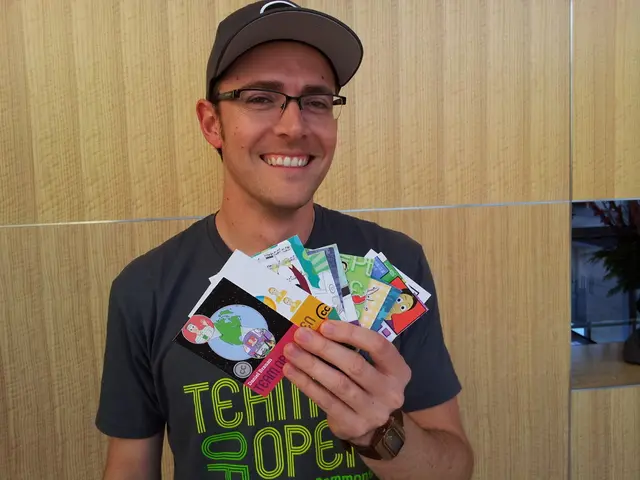Social Media's Involvement in Gambling Continues to Spark Controversy
CEO of Twitch, Dan Clancy, recently expressed his view that the connection between gambling and social media platforms necessitates stricter supervision. His perspective is shared by many, and the growing attention given to online gaming worldwide is likely to instigate changes.
The popularity of online gambling hasseen a drastic increase in recent years. With the COVID-19 pandemic, users resorted to iGaming as a means to momentarily escape their circumstances, while others discovered it via ads circulating on social media platforms.
Countries are slowly starting to pay more attention to regulating how gaming operators utilize social media for advertising purposes. For instance, France recently enacted laws to curb the unregulated commercialization of gambling and other goods, led by influencers. This won't be the last, though.
UK, Brazil, and Others Take Swift Action
The Betting and Gaming Council (BGC), a major gambling and betting organization in the UK, has advocated for social media platforms to collaborate in safeguarding vulnerable groups from gambling content. To support this cause, it's appealing to the UK's Department of Digital, Culture, Media and Sport (DCMS).
On Wednesday, the BGC disclosed a written statement to MP Lucy Frazer, head of the DCMS. In it, they detailed their members' commitment to protecting minors from gambling ads and limiting advertisements for those who have selected self-exclusion plans like GAMSTOP.
The safety of consumers was emphasized, as the council emphasized the crucial role social media platforms play in safeguarding their interests. Consequently, they urged Frazer and the DCMS to collaborate with social media operators, arguing that this partnership would benefit the approximately 300K individuals who have already selected self-exclusion from gambling.
Furthermore, the BGC proposes a "marketing suppression scheme." This would extend gambling ad bans implemented by self-exclusion programs to social media platforms.
Brazil is mirroring similar efforts, albeit not through a recognized agency like the BGC. Youtuber Daniel Penin recently exposed the online gaming platform Blaze for its use of influencers, generating buzz around the topic.
Penin's video, "BLAZE – Taking from the poor and giving to influencers," garnered over four million views. It also resulted in complaints from Blaze users, escalating the issue to a national discussion in Brazil as they develop online gaming regulations.
Influencer Marketing Not Purely Malevolent
While using influencers to help a company gain visibility is not inherently wrong – it's a method that has been employed for years – there is a lack of uniform regulations governing interactions in the digital realm.
It's essential to differentiate between influencers who genuinely represent a company, and influencers who overtly promote platforms for financial gain. The former generally rely on the person to represent the company, whereas the latter exploits social media personalities for financial gain without regulation.
As both segments start to be governed by stricter guidelines going beyond the platforms' own rules, the line between legitimate and obscene promotions will become clearer. Google, for example, claims it doesn't allow gambling ads in areas where the operator doesn't possess a license. Whether this claim is true is debatable.
At some point, celebrities like Drake won't be permitted to promote gambling platforms like Stake.com through their social media platforms. Similarly, Twitch and TikTok personalities will no longer be able to advertise platforms without the necessary credentials or licenses. The journey towards this may be long, but the roadmap is already in place.
Regulators have already targeted influencers and social media personalities for marketing cryptocurrency platforms. Kim Kardashian, Justin Sun, Lindsay Lohan, and others have been sanctioned for endorsing cryptocurrencies. Here, the U.S. government views crypto as a form of security.
This precedent leads to potential complications in the gaming space. Peddling an unlicensed gaming platform could lead to legal issues across various jurisdictions. This issue has been a topic of discussion for years, but the increased focus on iGaming is set to bring it to the forefront.








